We believe that long-term change happens by developing equity consciousness while simultaneously working on real challenges.
We approach these challenges with design (emergent problem solving with empathy). More specifically, the Liberatory Design methodology provides a framework that emphasizes care, mutual respect and self awareness—which allows us to safely learn and work at the same time.
Our Team
Tania Anaissie
Founder & CEO
Tania (she/her) is a Founding Creator of Liberatory Design, a new practice of human-centered design that incorporates complexity theory and equity practice to drive innovation towards liberation.
Tania is also a Founding Member of the Equity Design Collaborative, Faculty at The National Equity Project and a Lecturer at the Stanford University d.school.
She is an expert workshop designer and facilitator with over a decade of experience leading learning experiences in 12 countries for over 30 different clients and over 1500 learners. Tania is a graduate of Stanford University's Product Design program, an advisor in Stanford’s Design Impact program, and a StartingBloc fellow.
Lucy Flores
Design Researcher & Coach
Lucy Flores (she/her) is an equity-centered design strategist with design research and strategy experience across sectors including food, education, and tech. She is a principal design strategist at Studio Magic Hour, and a former Equitable Design Fellow at Hopelab. Lucy is a member of the Design Justice Network, Cafeteria Collective, Equity Army, and AIGA.
Amanda Gulino
Liberatory Design Coach & Facilitator
Amanda Gulino is a project leader, leadership coach, and facilitator at Beytna Design helping leaders and teams create cultures where everyone can show up fully, contribute, and thrive. Amanda holds a Bachelor’s degree in Psychology and a Master’s Degree in Human Resource Education from Louisiana State University. She is an iPEC certified leadership coach, an Energy Leadership Index Practitioner, Dare to Lead trained, and a trained inclusive leadership and anti-bias facilitator.
Dorothy Chang
Liberatory Design Facilitator
Dorothy “DC” Chang is a liberatory design facilitator and leadership coach with over ten years’ experience working across the education, nonprofit, philanthropic, and tech sectors. Her work focuses on supporting teams in applying a social justice lens to the operating practices, mindsets, tools and structures that shape their everyday decision-making.
Patty Moses
Executive Assistant
Patty is an Executive Virtual Assistant. She has many years of experience supporting teams in various industries, including nonprofit, technology, finance, development, education, coaching, diversity, and equity consulting.
Patty enjoys working behind the scenes to ensure all the moving pieces are covered.
Nicolle Rockstroh
Graphic Designer
Nicolle (she/ her) is a freelance graphic designer and illustrator with branding and digital design experience in sectors like advertising, healthcare, beauty and wellness. She currently focuses on visual identity development projects while participating in illustration campaigns, digital ads, and editorial design projects.
Our Network
We have a network of talented collaborators we invite into projects to scale our reach and impact. We can be as lean or as large of a team as needed to meet our strategic goals and our partners’ needs.
Our Advisors
Victor Cary
Victor Cary has worked in education for over 40 years, starting as a high school teacher in Richmond, CA. As Senior Director at the National Equity Project, he leads the development of our equity-centered coaching and leadership model, and currently facilitates Leading in C.A.O.S. (Complex, Adaptive, Oppressive Systems) with educators and communities across the country, particularly collective action initiatives.
Rachael Dietkus
Rachael Dietkus is a mom, social worker, design researcher, organizational strategist, and founder of Social Workers Who Design. She is educated and trained in both social work and design and practices being a designer who is trauma responsive. Rachael advocates for social workers in design and tech, studies and writes about the impacts of trauma in the context of design, and focuses on how and why trauma responsive methods are needed in design research and practice.
Mario Lugay
Mario is Justice Funders’ Senior Director of Innovation where he partners with philanthropy and field practitioners to design, pilot and scale collective action that advances social movements. He is the founder of the movement-building technology platform, Giving Side, and is a long time, philanthropic and nonprofit consultant, speaker and trainer.
Elizabeth Woodson
Elizabeth Woodson is committed to the movement for truth, racial justice and repair in America. Elizabeth is now building Reckon With, a research and transformative intervention project engaging white people in consistent, personal, effective reckoning. As student body president at Stanford University, Elizabeth co-chaired the Provost's Task Force on Sexual Assault Policies and Practices. Elizabeth was previously Project Manager at the Equal Justice Initiative, contributing to the creation of the Legacy Museum & the National Memorial for Peace and Justice, and was an Investment Analyst at the Emerson Collective. She is an experienced Theater of the Oppressed facilitator, community organizer and researcher.

“We make design decisions every day. If we are making decisions on auto-pilot, we might unintentionally reproduce the inequity we seek to disrupt.“
—Tania Anaissie
Mission
We are here to harness the powers of design to co-create a more equitable world. We teach and use design to help our clients see inequities, build liberatory relationships, and make actionable changes.
Vision
We want to see a world made of thriving communities where everyone has access to health, healing, love, growth, and every kind of wealth. We want to see a world of equity designers activated to make equitable changes through their work.
Values
Courage, Transformation, Empathy, Authenticity, Reliability, Humility, Excellence

Our Founding Story
“Beytna Design is the byproduct of my personal mission to design for equity.
Dissecting my own lived experiences with inequity growing up as an Arab-American in Arkansas, witnessing the racial reckoning of our modern times, and rethinking my practice and teaching of design thinking, I felt a strong pull to apply the tools of design to serve as a force for equity.
The Arabic word Beytna translates to Our Home, in English.
One day, when I was feeling emotionally and physically spent by the state of the world, I went to my mother’s house. As we scooped mouthfuls of one of my favorite dishes with bread, I shared my exhaustion. My mother said to me, ‘hay beytna,’ (‘this is our home’).
She meant ‘come as you are and bring your full self, you can feel all that you need to feel because this is our home.’
With Beytna Design, I aim to foster the same sense of home for my partners as they work through this important, sometimes messy, and often complex equity work. We belong, this is our home.”
—Tania Anaissie, 2019
Land Acknowledgement
Beytna Design is located on the traditional homelands of the Ramaytush Ohlone nation. We acknowledge the land because the United States of America is an ongoing colonial project, of which we are participants. We offer our gratitude, recognition, and respect to the stewards of the land and water who came before us and honor the Indigenous people who are here today living, working, and thriving. Language drafted by Sara Cantor and inspired by Native Governance Center and Northwestern Univ. Native American and Indigenous Initiatives.
Land Tax
We pay a monthly Shuumi Land Tax to the Sogorea Te’ Land Trust. It is a voluntary contribution that non-indigenous people living on traditional Lisjan Ohlone territory make to support the critical work of the trust which includes rematriation, returning Indigenous land to Indigenous people, establishing a cemetery to reinter stolen Ohlone ancestral remains and building urban gardens, community centers, and ceremonial spaces so current and future generations of Indigenous people can thrive in the Bay Area. Shuumi means “gift” in the Ohlone language Chochenyo.
















